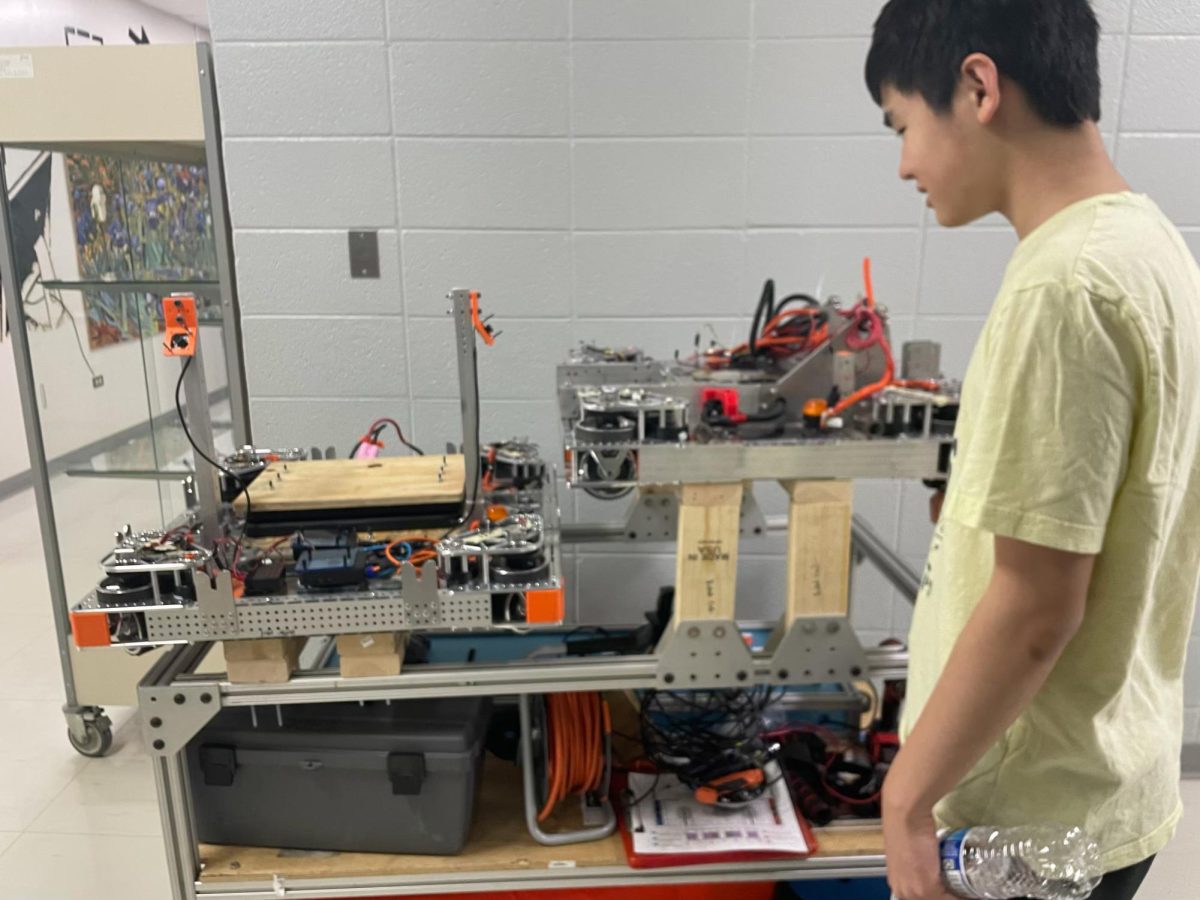Junior petitions to change Chromebook search restrictions
October 29, 2021
Central junior Emmery Clements has petitioned the Naperville District 203 school board to remove entirely or allow parents to opt their children out of Chromebook search restrictions. Her petition garnered more than 120 signatures during the week of Aug. 30.
After she brought up her concerns, Clements and the District worked together to create a new program to allow search restrictions to be lifted.
“The IT department and I created a system with teacher sponsorship,” Clements said. “We could have unfiltered internet access for a bonafide research project for a temporary amount of time that required one to three days of approval.”
Students who are interested in removing search restrictions on their Chromebooks for a class project must fill a Google Form out with their teacher, after which a computer support associate will initiate an unfiltered period. The Google Form will be made available by the end of October, said Alexander Mayster, executive director of communications at the district.
Software the district uses to filter internet access like Securely has an inherent gender bias, Clements said.
“For example, you cannot search anything containing the word breast, including breast cancer and chicken breast recipes,” she said. “You can search, prostate cancer, testicular cancer, things such as that.”
The district doesn’t say there is a deliberate bias, Mayster said.
“The system’s not perfect,” Mayster said. “And if a student or anyone comes across what they feel is an inequity, please bring it up to the district or the technology department or your teacher, and we’ll take care of it as we did in this situation.”
Because District 203 participates in the E-Rate program, which provides low-cost internet access to schools, it must follow the Children’s Internet Protection Act. The law requires schools to restrict student access to explicit content online. While temporarily raising search restrictions doesn’t violate the law, completely removing search restrictions isn’t feasible, Mayster said.
“It would be illegal for us to completely remove the filtering systems from the devices,” Mayster said. “That’s following federal law we’re required to filter student devices.”
Still, her experience with the IT department wasn’t straightforward, Clements said. She began her requests back in Oct. 2020 and ended up submitting three petitions and multiple addresses to the school board in order for the policy to change.
“When I tried to go through the IT helpdesk form and say ‘this is still an issue, I still can’t search breast cancer,’ I did not receive a response,” Clements said. “After [Board of Education President] Kristen Fitzgerald moved my concerns on, and when I made another public comment, I heard from the IT department.”









Emmery Clements • Nov 2, 2021 at 11:41 am
Thank you for writing about this issue, Nathan and William. It has a complex history and I have done a lot of research on eRates, filters, and the CIPA. No one was suggesting that the District break that law. In fact, the workaround created to provide temporary unfiltered access was to enable the District to stay in compliance for as long as they participate in the eRates program and are subject to the CIPA.
The larger issue is the inherent bias within the filters which extend far beyond the single topic of breast cancer. We would like for the District to see and acknowledge these biases and reconsider the true value of eRates. Are the cost savings truly worth perpetuating these biases and their impact on the culture of our school community? The District is not obligated to participate in eRates. As a large, influential, well-funded district, we could really make a difference by advocating for change, be it in legislation or in less biased filters.